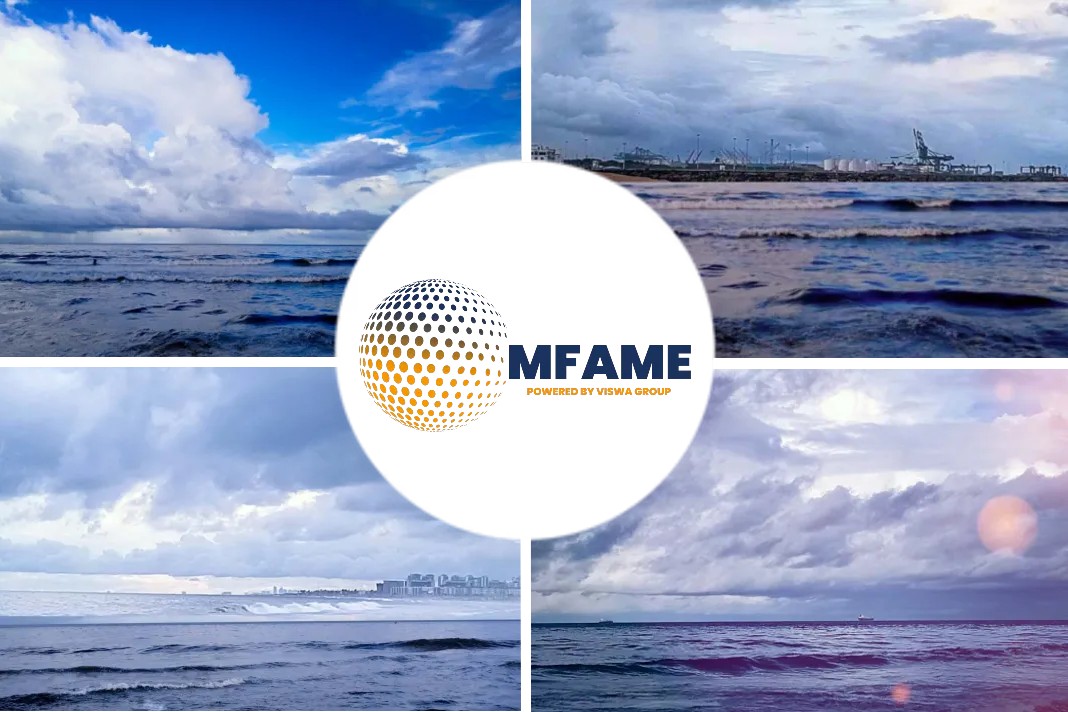
HD Korea Shipbuilding and Offshore Engineering has announced that it has won an order to build the world’s largest liquefied carbon dioxide (LCO2) carrier, says an article published on Gas World.
Greek ship operator
Having recently signed a $141m contract with Greek ship operator Capital Maritime Group, company will build two 22,000m3 class LCO2 carriers.
According to HD Hyundai, the vessels will be built at Hyundai Mipo Dockyard in Ulsan with delivery set to take place in phases in the second half of 2025.
Range of liquefied gases
In addition to LCO2, the carriers will transport a range of liquefied gases including liquefied petroleum gas (LPG) and ammonia.
The carrier will overtake Praxair’s Castillo de Catoira as the world’s biggest LCO2 carrier. Built in 2006, the vessel has a capacity of around 20,000m3.
IMO’s initial strategy
As part of its carbon neutrality plan, HD Hyundai has revealed that it will integrate ‘Ammonia Duel Fuel Ready’ technology to its carriers so that the ships can be fuelled by ammonia in the future.
Agencies such as the International Maritime Organisation (IMO) have been actively working to address the shipping industry’s environmental impact and reducing greenhouse gas emissions.
The IMO’s initial strategy on reducing GHG emissions from ships, adopted in 2018, sets ambitious targets to reduce the industry’s total emissions by at least 50% by 2050, compared to 2008 levels.
Decarbonise maritime transport.
To achieve this, the IMO encourages the development and implementation of alternative fuels and technologies that can help decarbonise the shipping sector.
Ammonia has been identified by various stakeholders, including researchers and industry players, as a potential low-carbon or carbon-free fuel that could help achieve the IMO’s emission reduction targets.
As ammonia does not emit CO2 when produced from renewable sources, it holds promise as a viable option to decarbonise maritime transport.
Did you subscribe to our newsletter?
It’s free! Click here to subscribe!
Source: Gasworld
























